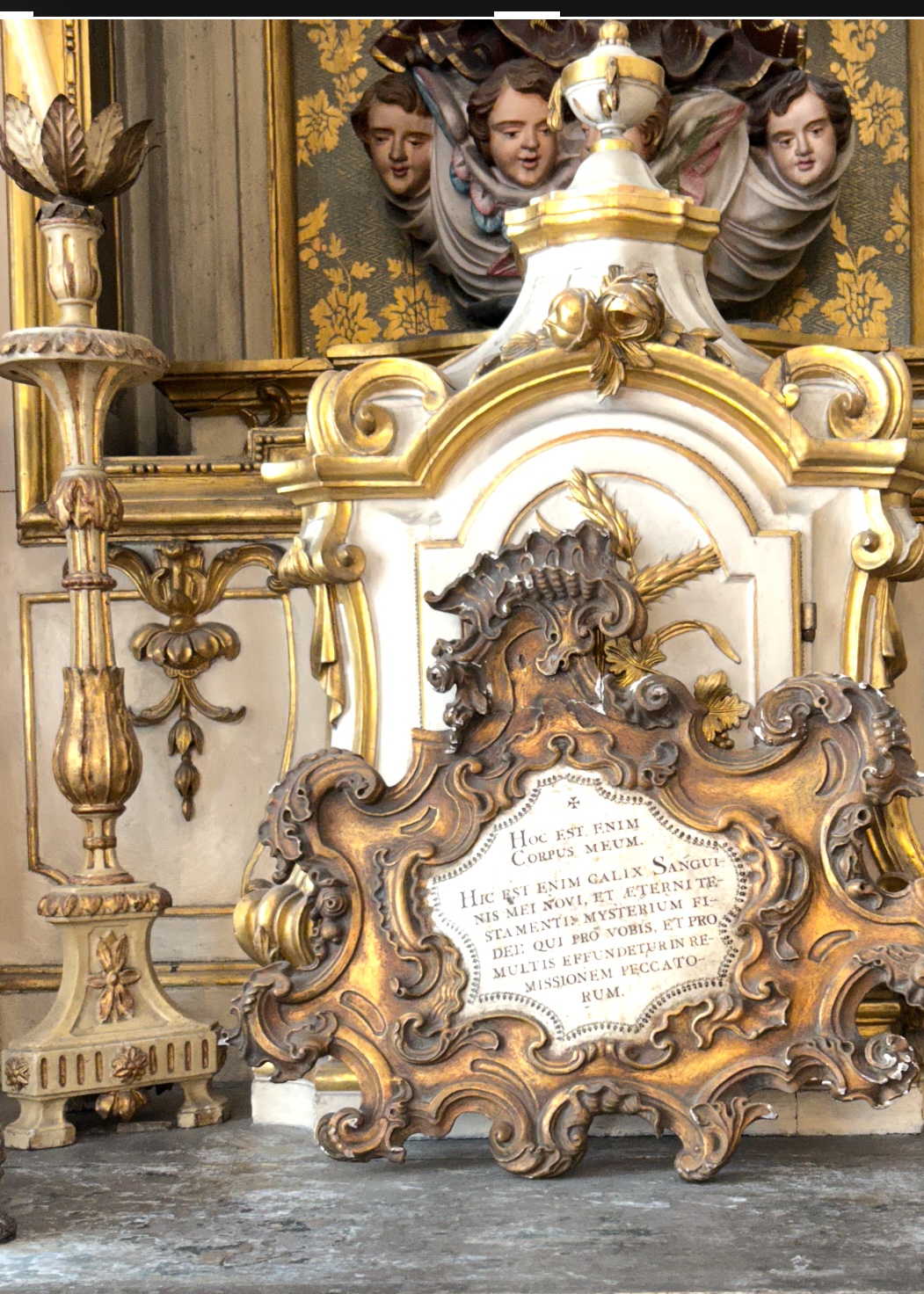
When I was nineteen, I went to live in a Benedictine Monastery in New Mexico. As the monastery was semi-cloistered, each community member was assigned a task when they arrived to help maintain the monastery and partake in community life.
The Abbot asked me if I knew how to cook. I lied and said yes.
Right before he asked me if I liked to cook, he asked the other young woman who arrived at the Abbey at the same time as I did what she liked to do. The young woman replied that she liked to sing and play the guitar. The Abbot said she could play with the other musicians at the liturgy. Though the laundry room needed helpers, so when she wasn’t playing during the liturgy, she could assist in the laundry room. He then looked at me.
Ironing and I were not the best of friends. I feared I would get stuck ironing. The Abbot didn’t ask me what I liked to do; all he said was, “Do you like to cook?” I thought cooking was far better than being in the laundry room. My first sin at the monastery was lying: “Yes, I love to cook.”
The Abbot loved to eat meat, primarily raw, still mooing. I was a vegetarian. I noticed three things when he showed me the kitchen: 1) A walk-in cooler full of meat. 2) The only vegetables were canned. 3) The professionally equipped kitchen was on the top floor of the Abbey, with big windows that overlooked the grounds.

The Abbot handed me a book titled “Sugar Blues” and said, “No sugar is allowed, except for birthday cakes for the community members.”
“No sugar?” I asked.
“No sugar.” He said.
“Is honey or fructose, or natural sugar in fruit, considered sugar?” I asked.
He looked at me as if I was trying to be smart, though in the corner of his eye I saw a small twinkle, he said, “No white sugar.”
I knew better; I don’t know why I did, but I pushed it a bit further by asking, “Is brown sugar?” But before I could utter the ending to sugar, he gave a stern look and said, “No white or brown sugar.”
I didn’t dare ask about tofu.
I knew the Abbot, and I would be the reason for many hours of prayers for patience.

One of the many pleasures of working in the kitchen in the Abbey was that I got to drive into Santa Fe once every two weeks to go grocery shopping. Most of the members in the community never left the Abbey unless they visited home once a year or for a doctor’s appointment if needed.
On those outings, I bought kitchen supplies that weren’t delivered to the Abbey, and I could purchase sugar if a cake needed to be baked. I loved it when it was someone’s birthday, and we could make a cake, especially if they asked for chocolate. If they didn’t ask for chocolate, I would ask them if they were trying to make me hate my job or just torture me for the fun of it. I told them that God smiled when chocolate was being used in our kitchen and that the angels would guide them from harm.
They usually let me have my way. I was, after all, the youngest in the community, and they loved doing acts of Christian charity, even if that meant letting me have my way of buying them chocolate on their birthday, even if they didn’t like chocolate. They were the real saints.
Jack (a community member of the Abbey and my superior in the kitchen) made the rare chocolate birthday cakes. I helped by licking the bowl and washing the pots and pans. Cakes weren’t my specialty. Making bread was. It was then that I believed in miracles.
Side note: The nun in the photo is not me. Though it seems we had something in common.



Leave a Reply